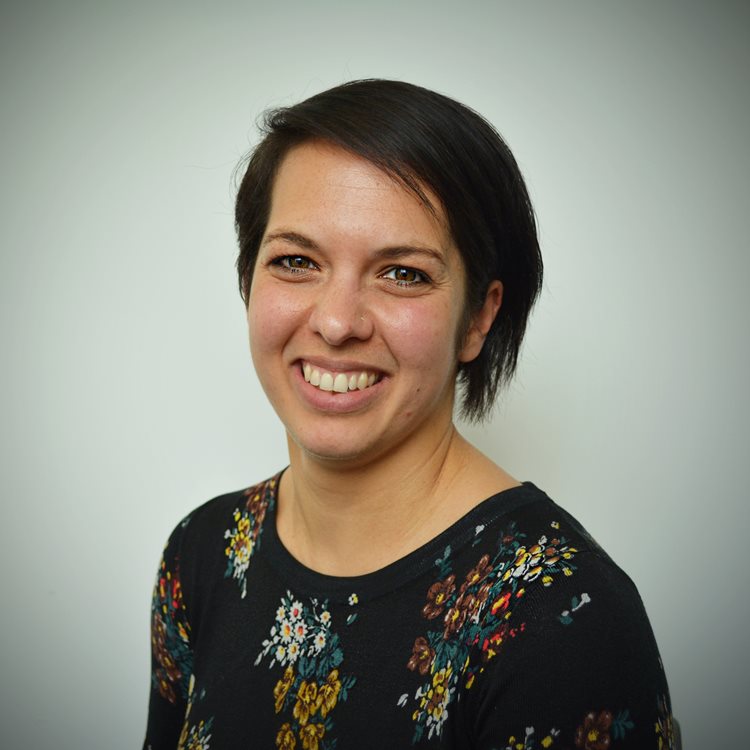Published: 27 Oct 2020
Category:

During October, we have
celebrated Black History Month, reflected on
World Mental Health Day, and welcomed the launch of the
Inequalities in Health Alliance, proudly supporting the coalition as a founder member. Raising the importance of Equality, Diversity and Inclusion is not limited to one month a year, and so we felt there was no better time to launch our
long term Vision for equality, diversity, and inclusion (EDI), which you can
read about here.
The Vision is the culmination of deep reflection, exploration, and action over the past few years, led by Dr Anna Zecharia, our Director of Policy & Public Affairs. We have spent time carefully examining our own immediate environment, the science landscape more widely, and broader issues in society and we are proud to share this Vision more widely with you now.
When I joined the Society in March, one of the pillars of our strategy that I was most excited about was our commitment to address inequalities, as it is the key to unlocking barriers to access at all levels. We want EDI to be much more than just an acronym we insert into our documents, meeting plans and activities; it is who we are, how we support each other and how we listen to each other’s experiences and acknowledge our different identities and viewpoints. Recognising that each of us has a unique experience of the world, shaped by how we see ourselves and by how others see us. As an employer and as a membership community, we believe that those experiences should not be a barrier to participation in our activities. We believe that our community – and our ability to solve problems that pharmacology can help fix – is strengthened by having a wide range of people with all different experiences working together.
It also creates a working environment that is a lot more exciting and fun. Recently at the Society, staff have been participating in a social activity where we are randomly paired with another team member, usually someone that we may not work with every day. We then have 30-minute video chats, perhaps over tea or coffee, and get to know each other a bit more. We only started this recently, but so far, the feedback has been positive. We can already see the benefits of sharing our experiences, and the different journeys that led us to meet here at the BPS. These types of connections can breed openness, tolerance and respect, all values that align with our aims as a Society and lead to a fairer world.
This is why we are also inviting you to share your experiences and expertise. Perhaps you have already been undertaking work to address inequalities in your workplace or community, or maybe you have spotted or, have experience of, a barrier in your workplace or place of study that you want to break down. It is important to us that our members can tell their stories about this work, so please
get in touch with us to share your action, ideas, and share experiences and practice.
In asking you to share your experience and expertise, I am aware that our motivation to engage in this work can be deeply personal. This is certainly true for me. I was born in England, my mother is a proud Indian woman who was born in Uganda, Africa. She moved to Manchester in the 60s and later went on to marry a local Mancunian man, my father. Raised in a mixed heritage family, my experiences have been overall positive, but not without experiences of racism as a child, as I moved through school and higher education, and even as I took initial steps in my career. Those experiences have shaped the woman I have become, however, they were not pleasant. I will work hard to ensure we do not become complacent and I am open to hearing how we can ensure we have systems and processes that welcome all into the Society. I hope by sharing a little of my heritage you will see how deeply committed I am to this Vision.
We look forward to hearing your thoughts on our Vision, particularly when we come together at
Pharmacology 2020. Please remember that you can comment below on this blog, or share your thoughts on our online
Community.
Comments
If you are a British Pharmacological Society member, please
sign in to post comments.